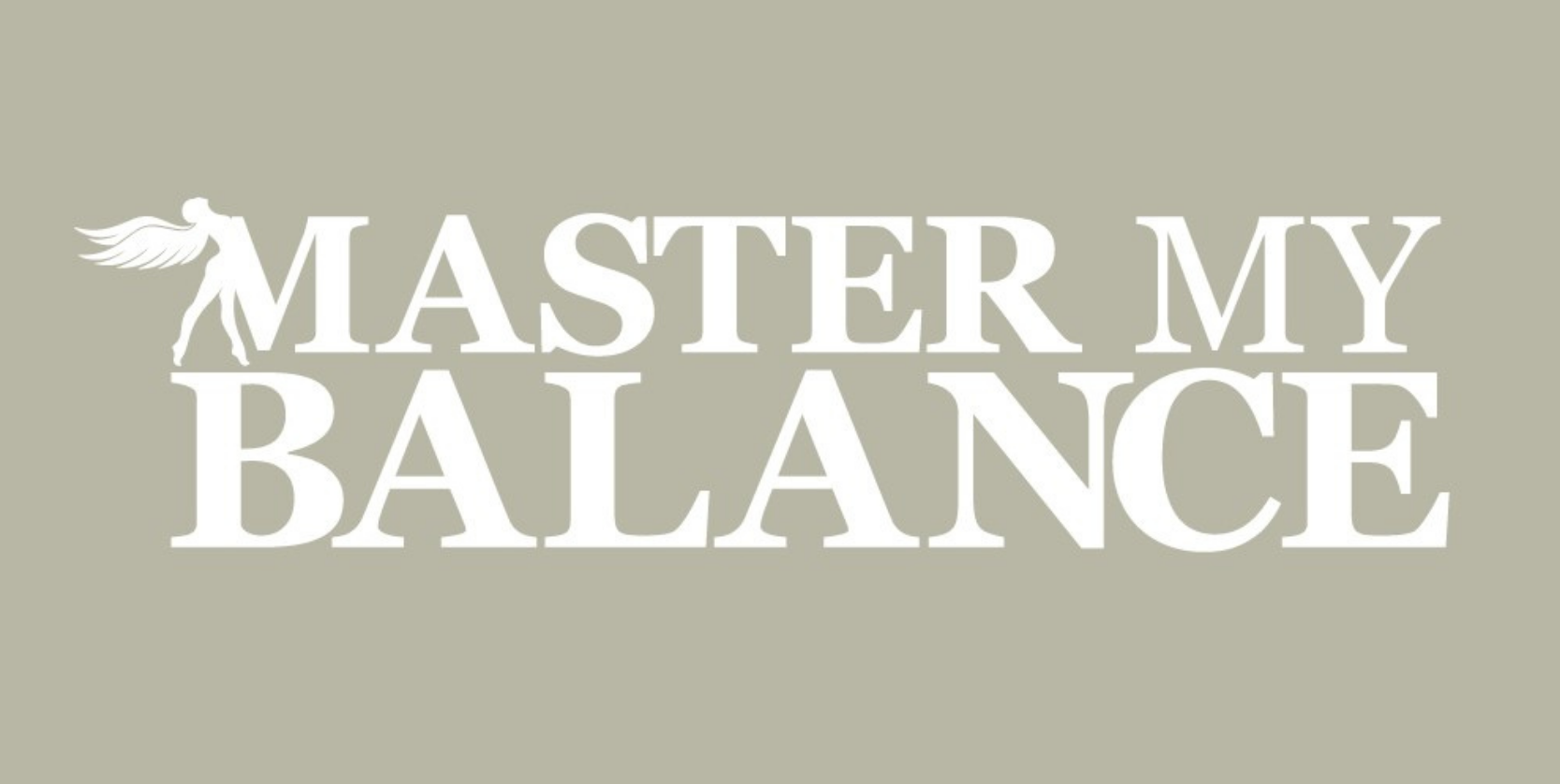As we embark on the journey of 2024, it’s the perfect moment to focus on making this year your most financially successful yet. Whether your aim is to accumulate wealth, achieve financial stability, or refine your money management skills, this guide is tailored to help you navigate the path to financial success.
Set Clear Financial Goals
Begin by establishing clear and achievable financial goals. Whether you’re saving for a deposit on a property, planning a dream holiday, or investing for your future, having well-defined objectives will guide your financial decisions throughout the year and keep you motivated. This is something I have been doing every year for the past few years. I love it as it keeps me motivated and on track to reach my goals. Last January I created a vision board and included my financial goals on it. Having the visual reminder of my goals kept me focused throughout the year until I reached my goal.
Create a Budget and Stick to It
Crafting a budget is a powerful tool to take control of your finances. Track your income and expenses to identify areas for potential savings or reallocation of funds. Be realistic and disciplined in adhering to your budget, as this will lay the groundwork for healthier financial habits. Be mindful when creating your budget that it is realistic, if not, you will not stick to it. For example, there’s no point putting a figure of €600 per month in your budget for family groceries, when in reality, it is costing you €900 per month.
Be sure to include family outings and activities in your budget which are in line with your core values, this will make it easier to adhere to your budget. Read my previous post here on value based budgeting to get more insight into this.
Build an Emergency Fund
Financial emergencies can arise at any time, and having an emergency fund is crucial. Aim to set aside at least three to six months’ worth of living expenses in a savings account. This safety net will provide financial security, ensuring you’re prepared for unforeseen events without jeopardizing your long-term financial goals.
Invest Wisely
Make your money work for you by exploring different investment opportunities. Whether it’s stocks or other investment opportunities, diversifying your portfolio can reduce your risks and enhance potential returns. Consider seeking advice from a financial advisor to tailor your investment strategy to your goals and risk tolerance.
Educate Yourself
Financial literacy is key to making informed decisions about your money. Take the time to educate yourself on personal finance topics, such as budgeting, investing, and retirement planning. There are numerous online resources, books, and courses available to help you enhance your financial knowledge and make informed choices.
Eliminate High-Interest Debt
Prioritize paying off high-interest debt, such as credit cards and loans, as it can hinder financial success. Implementing a debt repayment strategy, like the snowball or avalanche method, can accelerate your progress and free up more funds for savings and investments.
The avalanche method refers to paying off your debts according to the interest rate charged. So, you pay off the debts with the highest interest rate first, thereby paying less interest on your debts overall. The snowball method pays off debts according to their balances, paying off the smallest balance first and moving onto the bigger ones as you progress. This method can help to motivate you along the way as you clear off your debts. Its up to you, which way you progress, some people like to see their debts clearing off quicker, so the snowball method suits them. Whereas, others are conscious about the interest rate being charged and want to clear off the debts with the highest rates first. Personally, I would tend to clear off the highest interest rate debts first. But if clearing off various small debts keeps you motivated, then that’s the way you go. Remember the end goal is to clear off your debts, so its important to work with what suits you and motivates you to keep going.
Important note on debts
If you find your budget continually in a negative situation, even though you’ve cut back in every way possible, then please speak with a debt advisor. In some situations, unexpected changes in income can result in an individual being unable to keep up with their debts. There are a number of personal insolvency solutions available and you may be eligible to avail of one of them. Check out Back on Track to find out more on the personal insolvency options available.
I previously undertook research on one of the personal insolvency solutions, the Debt Relief Notice (DRN). You can read further information on the topic of over-indebtedness here. You’ll also find a link to the article I wrote on the DRN insolvency solution at the bottom of the blog post on Over-indebtedness.
Negotiate and Cut Expenses
Review your monthly expenses and identify areas where you can negotiate or cut costs. Whether it’s re-negotiating bills, finding more cost-effective alternatives, or eliminating non-essential expenses, small changes can accumulate over time, contributing to your overall financial well-being.
Plan for Retirement
Initiate retirement planning early by contributing to retirement accounts and taking advantage of any employer matching programs. The power of compounding over time can significantly boost your retirement savings, ensuring a comfortable and secure future.
Implementing these strategies will pave the way for a financially successful 2024. Remember that financial success is a continuous journey, not a destination. Stay committed to your goals, adapt to changing circumstances, and celebrate your achievements along the way.
Here’s to a prosperous and financially sound future!



Recent Comments